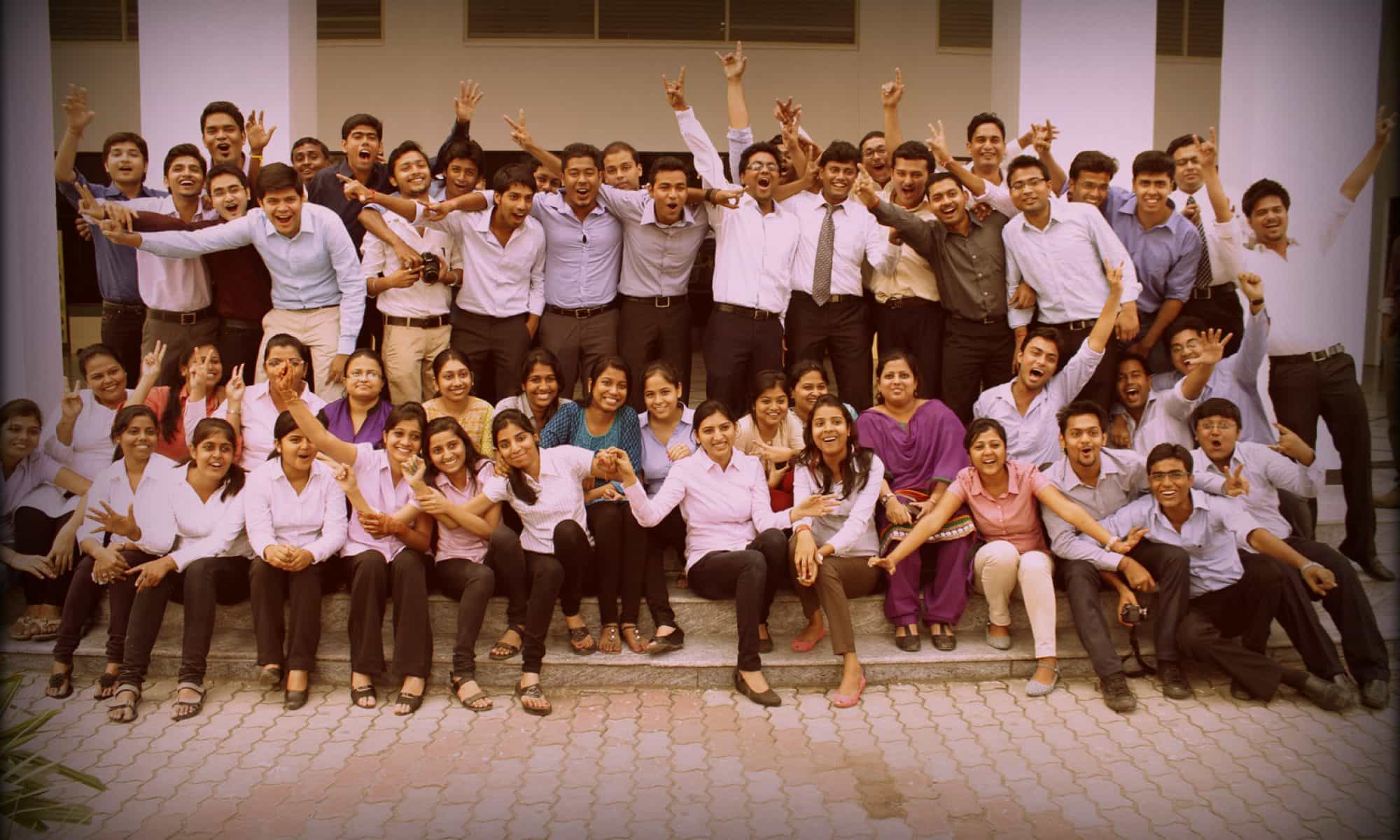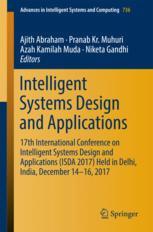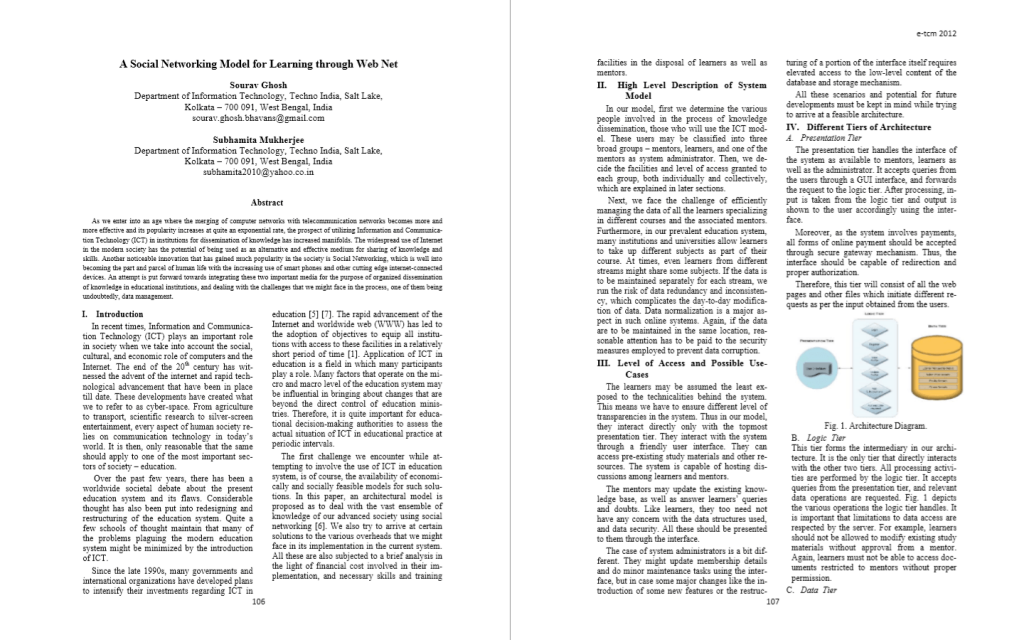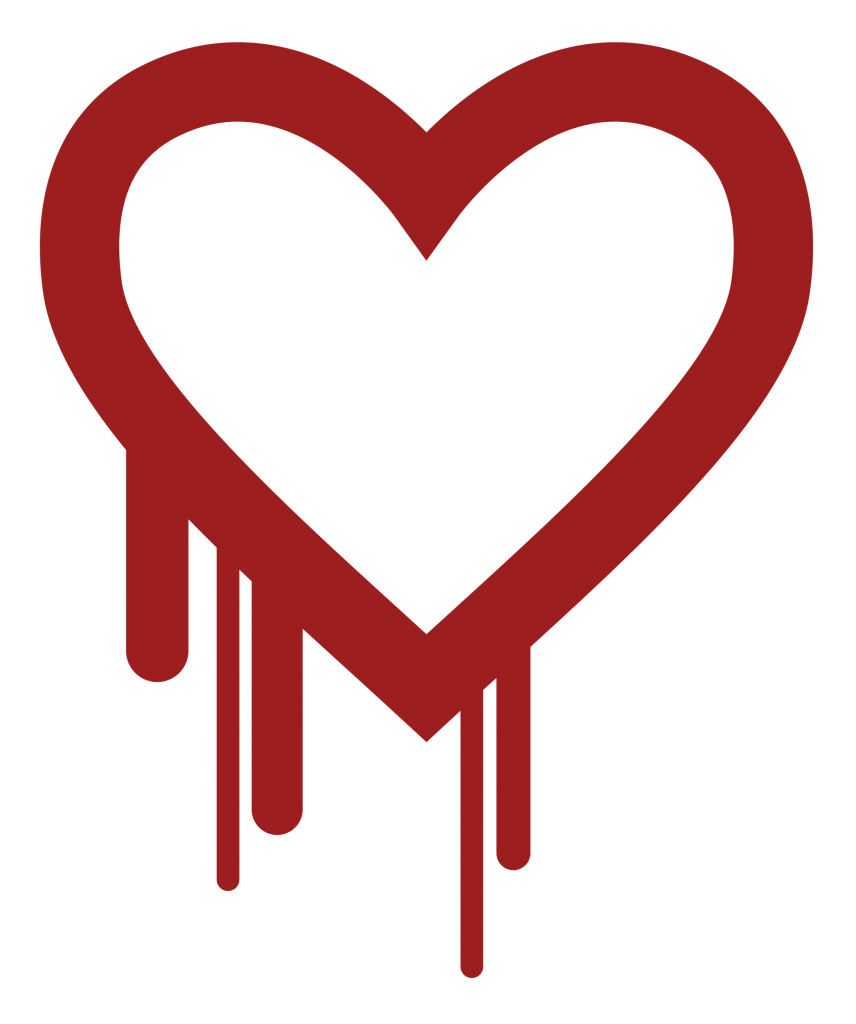eDWaaS: A Scalable Educational Data Warehouse as a Service
Khan A., Ghosh S., Ghosh S.K. (2018) eDWaaS: A Scalable Educational Data Warehouse as a Service. In: Abraham A., Muhuri P., Muda A., Gandhi N. (eds) Intelligent Systems Design and Applications. ISDA 2017. Advances in Intelligent Systems and Computing, vol 736. Springer, Cham
https://link.springer.com/chapter/10.1007/978-3-319-76348-4_96
Abstract:
The university management is perpetually in the process of innovating policies to improve the quality of service. Intellectual growth of the students, the popularity of university are some of the major areas that management strives to improve upon. Relevant historical data is needed in support of taking any decision. Furthermore, providing data to various university ranking frameworks is a frequent activity in recent years. The format of such requirement changes frequently which requires efficient manual effort. Maintaining a data warehouse can be a solution to this problem. However, both in-house and outsourced implementation of a dedicated data warehouse may not be a cost-effective and smart solution. This work proposes an educational data warehouse as a service (eDWaaS) model to store historical data for multiple universities. The proposed multi-tenant schema facilitates the universities to maintain their data warehouse in a cost-effective solution. It also addresses the scalability issues in implementing such data warehouse as a service model.
A Social Networking Model for Learning through Web Net
This paper was published in AICTE & IEEE sponsored National Conference on “Paradigm Shift in Education Technology and Content Management”- e-tcm 2012 (ISBN: 978-81-923034-7-5) As we enter into an age where the merging of computer networks with telecommunication networks becomes more and more effective and its popularity increases at quite an exponential rate, the prospect of utilizing Information and CommunicationTechnology(ICT) in institutions for the dissemination of knowledge has increased manifolds.The widespread use of Internet in the modern society has the potential of being used as an alternative and effective medium for sharing of knowledge and skills. Another noticeable innovation that has gained much popularity in the society is Social Networking, which is well into becoming the part and parcel of human life with the increasing use of smartphones and other cutting edge internet-connected devices. An attempt is put forward towards integrating these two important media for the purpose of organized dissemination of knowledge in educational institutions, and dealing with the challenges that we might face in the process, one of them being undoubtedly, data management.
A Seminar Report on Heartbleed Bug
In 2014, it was discovered that certain versions of OpenSSL were vulnerable to a particular kind of exploit owing to an erroneous implementation of the protocol. As it got unravelled later, this arose out of an error in the code implementing the Heartbeat extension of TLS and DTLS. This bug came to be known as "Heartbleed bug" and it exposed a significant number of networked systems to a serious vulnerability. Exploiting this, a malicious third party could gain access to portions of memory contents of a system that was using OpenSSL. This report deals with the "Heartbleed bug", and the errors that exposed a system to it. With an overview of Heartbeat extension, the report also describes how a malicious client can exploit the bug in the implementation. A classification of the secrets that can be exposed is provided, along with measures to mitigate damages. A list of a few popular products which are potentially vulnerable to this bug is laid out. The report concludes with mention of some related exploits and a brief analysis of how the can be prevented. The report was submitted as one of my seminar reports during my M.Tech programme at IIT Kharagpur.




